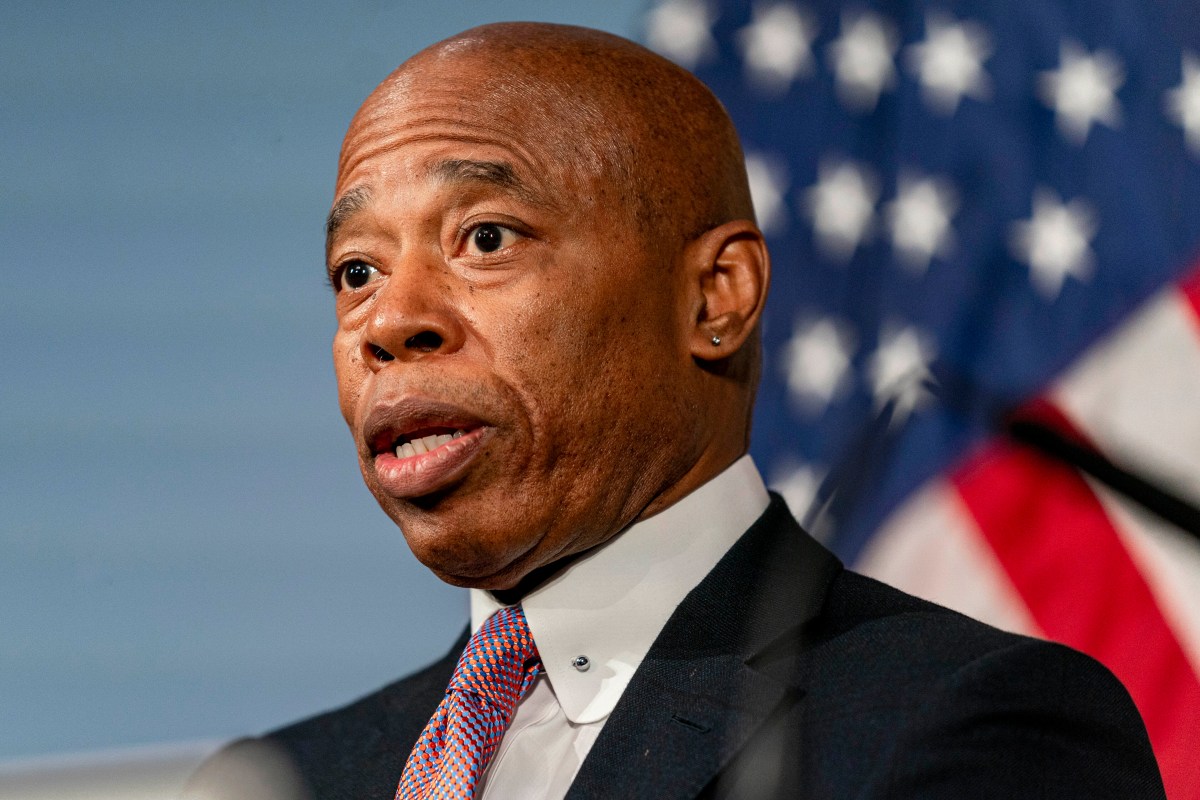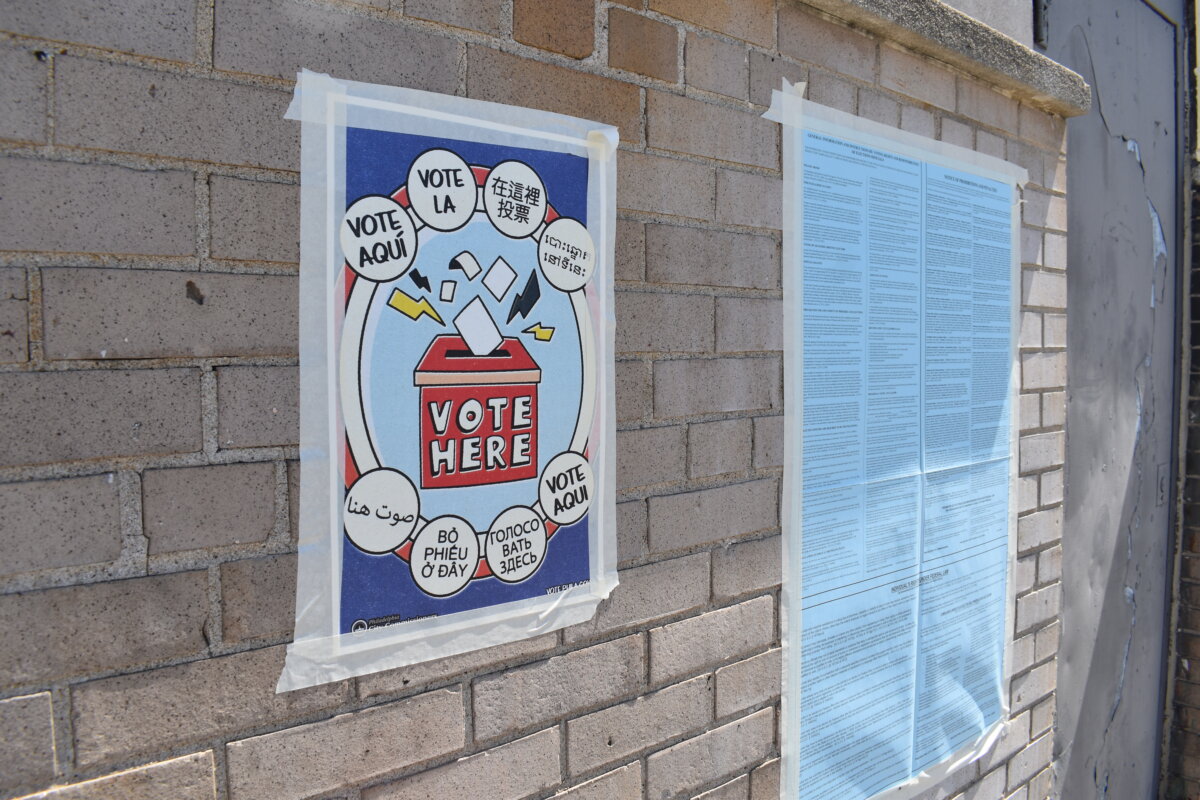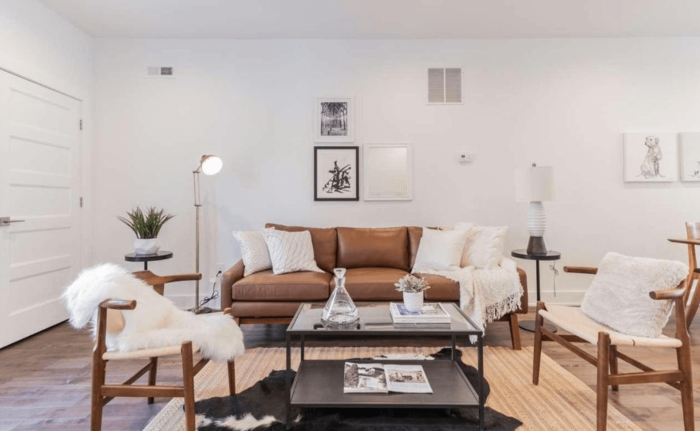Between the positive subway campaigns, the New York attorney general demanding a list of names and city officials claiming the site’s users are operating illegal hotels, it’s hard to be a New Yorker and not pay attention to Airbnb.
The website, founded in San Francisco in 2008, connects people looking to rent out their rooms or homes with travelers. The site has listings in 190 countries, according to Airbnb, and more than 17 million people have been guests.
Earlier this year, Attorney General Eric Schneiderman demanded information on all New Yorkers using the site. The company eventually handed over redacted data on 16,000 users, and was poised to hand over specific data on 124 New Yorkers. Then, an anonymous group out of the 124 sued Airbnb, and this week the company said they want Schneiderman and the site users to settle the matter amongst themselves.
An attorney general investigation based on subpoenaed information found the “least prolific” of the 124 users had at least 10 different listings, generating about $60 million over the past three years, according to Schneiderman’s press office. That comes out to about $500,00 per user.
The company maintains these 124 users represent “less than 1 percent” of New Yorkers listing on Airbnb, and said many of these “bad actors” have been removed from the site, according to an update posted on Aug. 22.
But, for at least two New Yorkers who rent out their own spaces, the developments aren’t changing the way they do business. Over the past two years, Deirdre Hess, 31, has hosted more than 200 people in her Bushwick apartment.
Hess listed her extra bedroom, with the approval of her landlord, on Airbnb after her ex-husband moved out, and a roommate left after a year of not paying the bills.
“I was freaking out and working in a grocery store,” Hess said. After listing her place, Hess said she found her first guests were a “breath of fresh air and fun to talk to.”
And, as guests have come and gone from her Brooklyn home, Hess has seen her “years of struggling” go away and debt go down.
Hess said the reward go both ways, and she’s witnessed guests in her home have their NYC dreams realized, such as a French guy with an affinity for uprock hip-hop dance, who on his first day in the neighborhood found the hip-hop dance’s founder, and got a lesson from him in McCarren Park.
“He wanted a thing that was very New York, very Bushwick, and while he was staying at my house he got exactly what he was looking for,” Hess said.
As for the attorney general’s investigation, Hess said she paid attention to Airbnb’s mailings on the issue, but “felt safe” because she’s almost always in the apartment when she has guests stay there.
“I’m not a fan of the diminishing availability of affordable housing for New Yorkers, but most of the contributing factors are not all Airbnb-related,” Hess said. “What is ironic about the situation is that New Yorkers have for many years depended on short-term sublets in order to make rent when they needed to leave town for a bit–it’s just that they used Craigslist. It’s much more risky than Airbnb, but I don’t see landlords giving people a break on their rent when they have to take time off work to go care for a sick family member–so New Yorkers do what we have to do.”
Hess said she understands the Attorney General’s need to investigate those illegally renting out their apartments, and said she hopes the law can be fixed to not get in the way of New Yorkers trying to make ends meet.
Lower East Side resident Jessica Catz, 30, said she and her fiancée started listing their apartment out a year ago as a way to travel more and grow their own businesses.
“It also opened up my eyes to the multi-dwelling lifestyle, something I thought was only available to the super rich and elite,” Catz said. “It made it possible to say ‘hey, I want to spend time in a different city and place,’ and Airbnb allows us to do that.”
Catz said she wasn’t concerned with the AG proceedings because the company was “transparent” and kept users informed.
“That’s the reason I was very confident, I had knowledge about the situation and knew the risks,” Catz said. “I believe being a host with Airbnb is participating in a movement, in a new way of life, and with that comes a pioneering risk.
“Change is scary for people, especially large institutions, like hotels and government,” Catz said.
“During a one year period from 2012 to 2013, Airbnb visitors to New York created $632 million in economic activity, with $105 million of that being spent in the outlying boroughs. I’d say that would far surpass any sort of increased revenues from folks staying in high end hotel rooms,” said Andrew Schrage, CEO and co-owner of the financial education website MoneyCrashers.com.
Schrage, who holds an economics degree from Brown University, said businesses focusing on the “sharing economy” are “popping up all over the place.”
“I’d say the sky is the limit when it comes to the growth of the sharing economy, and any legal challenges along the way will eventually get worked out. It’s simply too strong (and popular) of a force to be denied,” Schrage said.
Manhattan Borough President Gale Brewer, who has urged Mayor Bill de Blasio to “reject Airbnb’s business model,” believes the “illegal hotels” are contributing to less affordable housing in the city.
Brewer said the money gained by Airbnb doesn’t make up for the loss of affordable housing.
“It’s not a win-win, it’s a lose-lose,” Brewer told Metro.
Brewer said New Yorkers who use the site to lease out their rent-controlled apartment face eviction, and once the apartment is empty the space could very well be made into a market apartment.
“Those who do it who are in rent-regulated apartments take their lives in their hands, I don’t know why they do it,” Brewer said.
Brewer said situations where apartment leasers who remain in the apartment with Airbnb guests visiting is “perfectly legal.” The problems come, Brewer said, when guests come to apartments without hosts, and when visitors disrupt buildings and neighborhoods with “loud parties.”
The borough president said she’d like to see “more legitimate hostels” in the city as legal affordable housing for the city.
“Airbnb can argue and say paying taxes is a good thing for the city,” Brewer said. “They’re only paying taxes on illegal activity.”


















